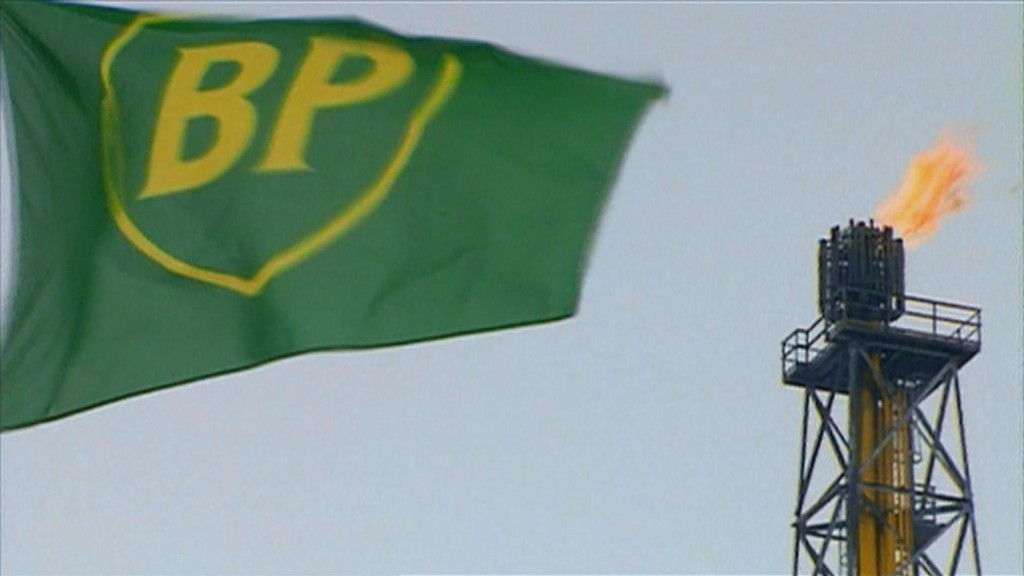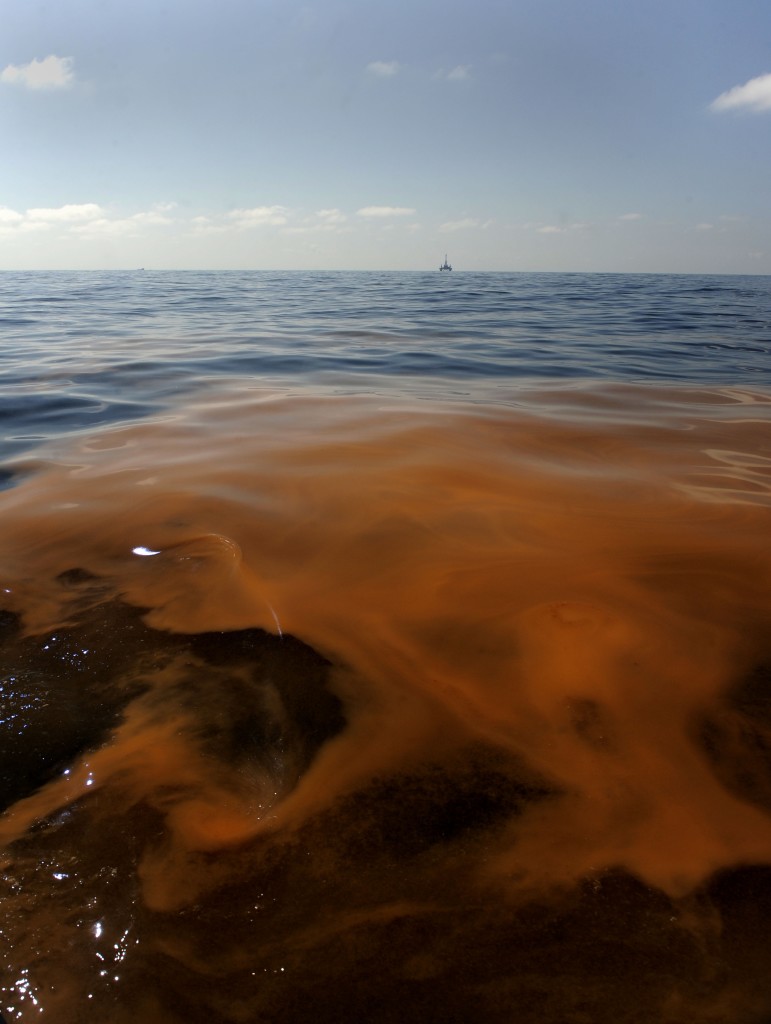Seven Years Later, BP Still Paying for Texas Refinery Violations

July 16, 2012
Share
Last week, the oil giant agreed to pay more than $13 million to the Labor Department’s Occupational Safety and Health Administration for violations that led to a lethal explosion in 2005 at its refinery in Texas City, Texas.
The settlement is the latest in the regulatory body’s efforts to hold the company accountable for the incident, which killed 15 people and injured 170, and ensure it enacts appropriate reforms.
As FRONTLINE and ProPublica explained in The Spill, the March 2005 Texas City explosion was one of the first of many troubling incidents for BP before the infamous April 2010 Deepwater Horizon accident in the Gulf of Mexico.
In our report, we found that corporate pressure to cut costs led BP to put off upgrading key parts of the refinery before the 2005 accident.
“You can only spend a penny once,” Ronald Freeman, a banker and adviser to BP, told FRONTLINE. “‘Should we do it fixing up this refinery?’ You’re choosing among priorities. And they did not give this deferred maintenance priority at Texas City refinery the attention, the priority it should have gotten.
BP held off on the refinery upgrades despite a workers’ survey saying that employees had an “exceptional degree of fear” working there. There had been more than 20 fatalities at the plant in 30 years.
In September 2005, six months after the Texas City explosion, OSHA slapped the company with a $21 million fine, the largest in OSHA’s history at the time. It also required BP to make improvements in the plant.
But when OSHA followed up in 2009, BP still hasn’t made all the corrections it had agreed to make. The agency levied more than $87 million in penalties, shattering OSHA’s previous record.
BP ultimately paid $50.6 million. The oversight agency also cited the company for 439 “willful violations” of safety standards, including industry-accepted practices for pressure relief safety systems that OSHA estimated could amount to $30.7 million in fines.
The additional $13 million agreement late last week covers 409 of these willful violations, and requires BP to hire independent experts to monitors the company’s efforts. The company must also set aside $500 million for safety at the refinery. The full text of the settlement is here [pdf].
In a statement, BP said the settlement reflects the company’s commitment to “safe and compliant operations” and that it had invested more than $1 billion in safety and infrastructure improvements at the refinery from 2005 to 2009. “We respect OSHA and have worked to address their concerns in this latest agreement,” said Iain Conn, BP’s global head of Refining & Marketing. “Our aim is to be a leader in process safety and we look forward to continuing our cooperation with OSHA to create an even safer workplace in BP and in our industry as a whole.”
The 30 remaining citations, which focus on the company’s failure to protect certain pressure relief valves in accordance with industry standards, will be resolved at a later date.

Related Documentaries
Latest Documentaries
Related Stories
Related Stories
Explore
Policies
Teacher Center
Funding for FRONTLINE is provided through the support of PBS viewers and by the Corporation for Public Broadcasting, with major support from Ford Foundation. Additional funding is provided the Abrams Foundation, Park Foundation, John D. and Catherine T. MacArthur Foundation, Heising-Simons Foundation, and the FRONTLINE Trust, with major support from Jon and Jo Ann Hagler on behalf of the Jon L. Hagler Foundation, and additional support from Koo and Patricia Yuen. FRONTLINE is a registered trademark of WGBH Educational Foundation. Web Site Copyright ©1995-2025 WGBH Educational Foundation. PBS is a 501(c)(3) not-for-profit organization.





















